A dog’s heart is a fragile thing, and sometimes we miss the subtle signs that our beloved companion is longing for more love. Imagine coming home to a wagging tail, only to overlook the quiet ways your furry friend tries to tell you something’s wrong. Dogs may not speak our language, but their actions shout their feelings loud and clear. Every dog lover wants their pet to feel adored and secure, yet even the most caring owner can miss the little red flags. Understanding how your dog shows they feel unloved isn’t just about fixing a lonely pup’s day — it’s about building a bond that lasts a lifetime. Let’s explore the surprising, sometimes heartbreaking ways dogs tell us when they’re not feeling the love they deserve.
Withdrawal and Hiding
When a dog feels unloved, one of the first things you might notice is their tendency to withdraw from family activities. Suddenly, your once-social companion might retreat under the bed or into a quiet corner, avoiding eye contact and interaction. This behavior is more than just needing a nap; it’s a silent plea for attention and reassurance. Dogs are pack animals, and when they feel excluded or ignored, they may hide away as a form of self-protection. If your dog spends more time alone than usual, it could mean they feel disconnected and crave more affection from you. Think of it as a dog’s version of sulking — a heartbreaking sign that something is missing in their emotional world. Reaching out with gentle words and soft pets can sometimes coax them back, showing them they truly belong.
Lack of Excitement When You Come Home
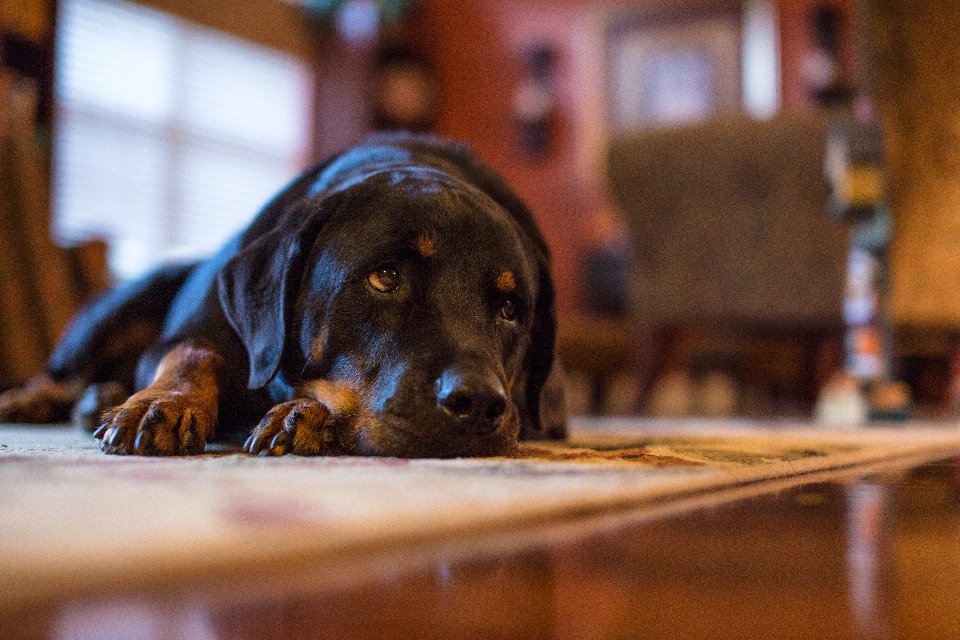
Few things warm the heart like an exuberant dog greeting you at the door. But when that joyous welcome fades into indifference, it’s a sign your dog might feel neglected. If your dog barely lifts their head or wags their tail when you arrive, it’s not just tiredness — it’s a sign their spark for you is dimming. Dogs thrive on routine and connection, and a lackluster greeting can be a quiet protest that they’re missing quality time with you. It’s as if your dog is saying, “Why bother? You don’t notice me anyway.” Even a busy schedule shouldn’t dim the excitement between you and your canine best friend. Taking a few minutes to celebrate your reunion each day can rekindle that joyful spark.
Destructive Behavior
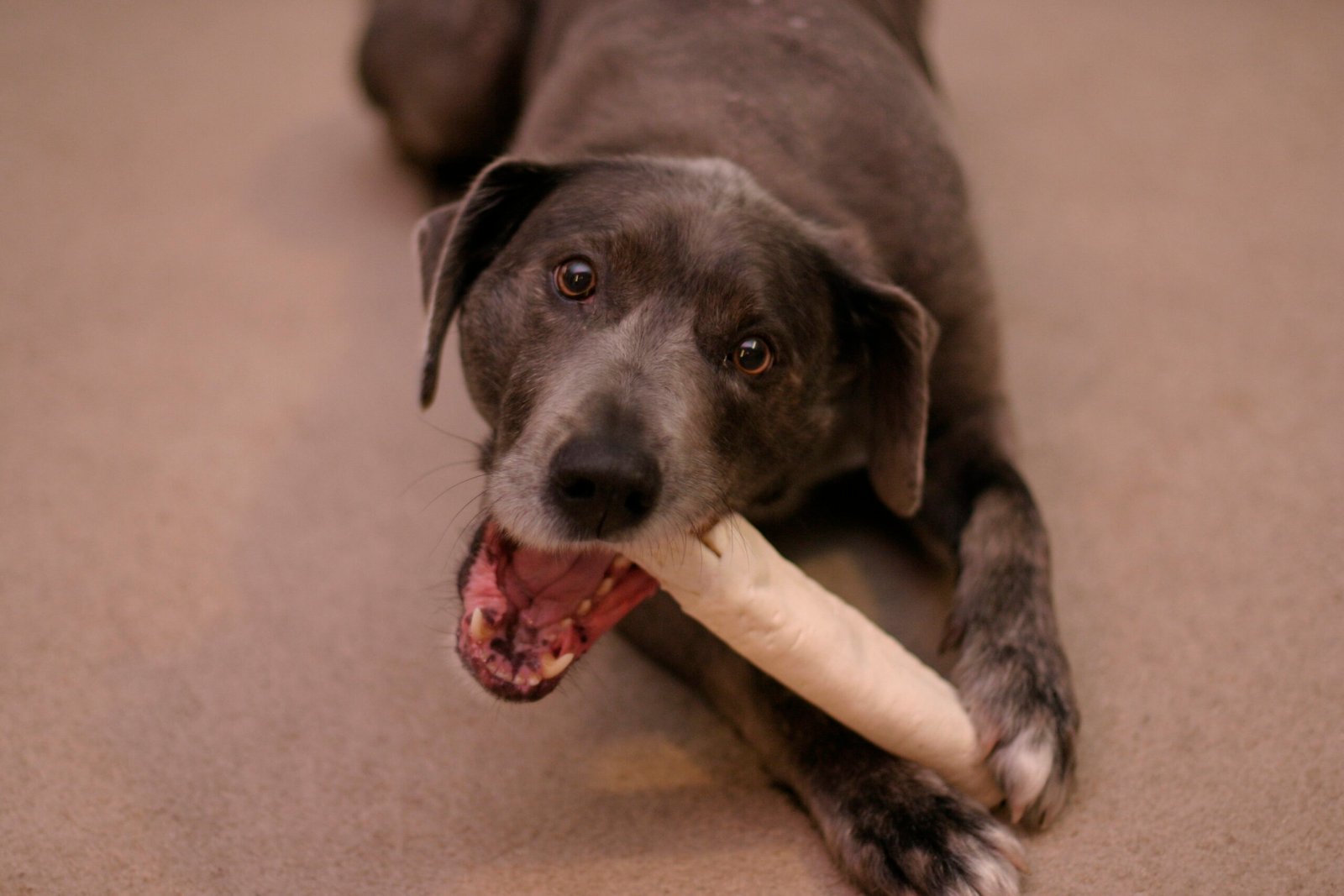
A chewed-up shoe or shredded pillow isn’t just a nuisance — it’s often a desperate call for attention from an unloved dog. Dogs who feel ignored may act out by destroying household items, digging in the yard, or getting into the trash. This behavior isn’t about being naughty; it’s about trying to fill an emotional void. Destructive acts are a way for dogs to express their frustration, boredom, or sadness. Imagine a toddler throwing a tantrum because they feel left out — your dog’s antics are often rooted in similar feelings. Addressing the root cause, rather than just punishing the mess, can help your dog feel seen and valued.
Loss of Appetite
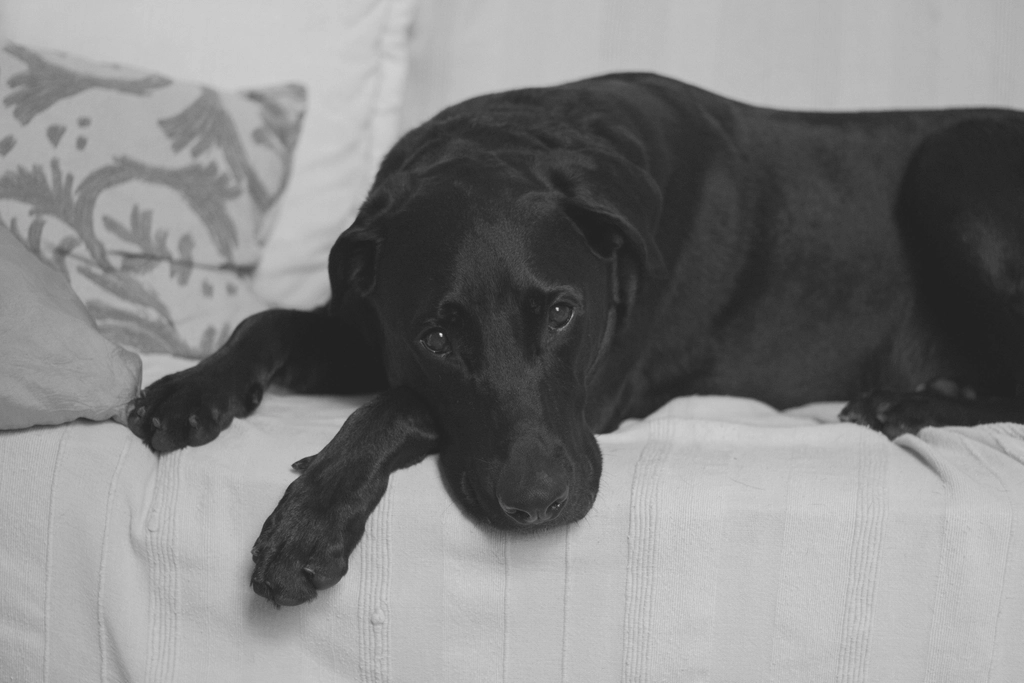
A happy dog usually eats with gusto, so a sudden lack of interest in food can be alarming. When dogs feel unloved or emotionally neglected, they may stop eating or become very picky. This is more than just a finicky phase; it’s a sign your dog’s emotional health is suffering. Skipping meals or turning away from treats is your dog’s way of saying, “I’m not okay.” Emotional distress can impact their physical well-being, leading to weight loss and lethargy. If your dog’s bowl goes untouched, it’s time to look beyond physical health and consider how loved and connected they feel in your home.
Excessive Barking or Whining
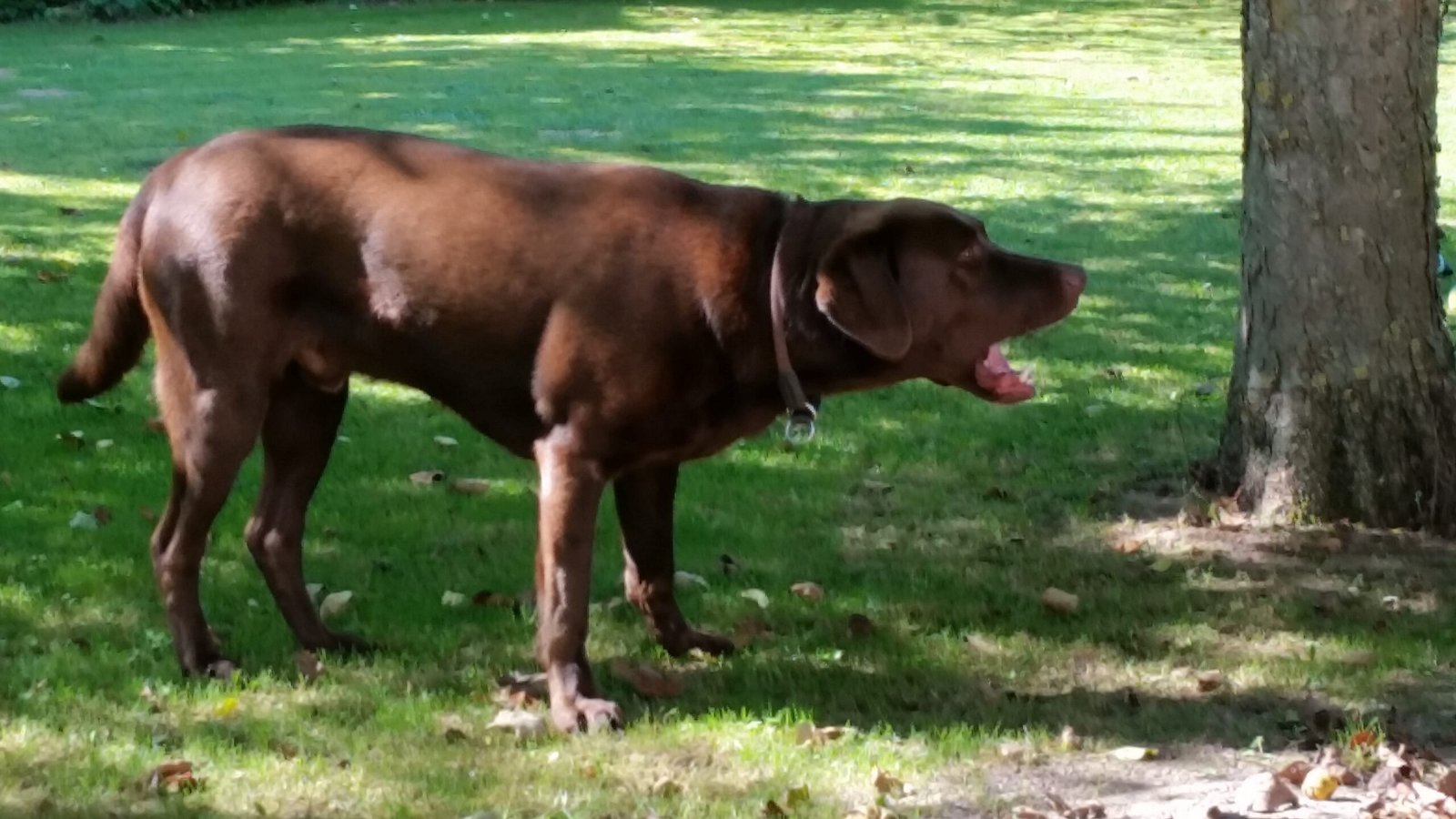
Noise is a dog’s language, and when they feel unloved, they may use their voice more than ever. Excessive barking or whining is often a plea for attention and reassurance. It’s as if your dog is shouting, “Notice me! I need you!” This vocal outburst can become constant if their emotional needs aren’t met, turning peaceful evenings into a chorus of barks. Sometimes, this behavior is mistaken for bad manners, but it’s usually rooted in loneliness or anxiety. Taking time to listen and respond to their calls can help your dog feel more secure and cherished.
Clinginess and Following You Everywhere
On the flip side of hiding, some dogs become extra clingy when they feel unloved. If your dog suddenly shadows your every move, refusing to let you out of sight, it’s a sign of insecurity. This behavior is often driven by a fear of being abandoned or ignored. Your dog’s constant presence at your side is their way of seeking comfort and validation. It can feel flattering, but it’s also a sign your dog is worried about losing your affection. Providing reassurance with gentle touches and extra cuddles can help ease their anxieties and rebuild their confidence.
Changes in Sleep Patterns
Dogs who feel unloved might sleep much more or much less than usual. You might notice your dog napping the day away, uninterested in play or walks. Alternatively, some dogs become restless and have trouble settling down, pacing around the house at night. These shifts in sleep habits are often connected to stress, anxiety, or depression. Just like humans, dogs need emotional security to maintain healthy routines. If your dog’s sleep changes dramatically, it’s a sign to tune in and consider what might be missing in their emotional life.
Ignoring Commands or Training

An unloved dog may start ignoring basic commands, even ones they used to obey without hesitation. This isn’t stubbornness for the sake of it — it’s a sign your dog feels disconnected from you. Training relies on trust and mutual respect, and when a dog feels unloved, their motivation to please you fades. It can feel like your dog is tuning you out, but really, it’s their way of expressing that something’s off in your relationship. Rebuilding trust through positive reinforcement and patient guidance can help your dog feel reconnected and willing to listen again.
Licking or Chewing Themselves Excessively
When dogs feel emotionally distressed, they sometimes cope by licking or chewing their paws and bodies. This self-soothing behavior can become obsessive, leading to red, raw skin or even bald patches. It’s as if your dog is trying to comfort themselves when the love they need from you feels out of reach. Excessive grooming is often mistaken for allergies or skin conditions, but it can be rooted in emotional neglect. Paying attention to when and how often your dog licks or chews can provide insight into their emotional state and help you step in before it becomes a serious health issue.
Loss of Interest in Play
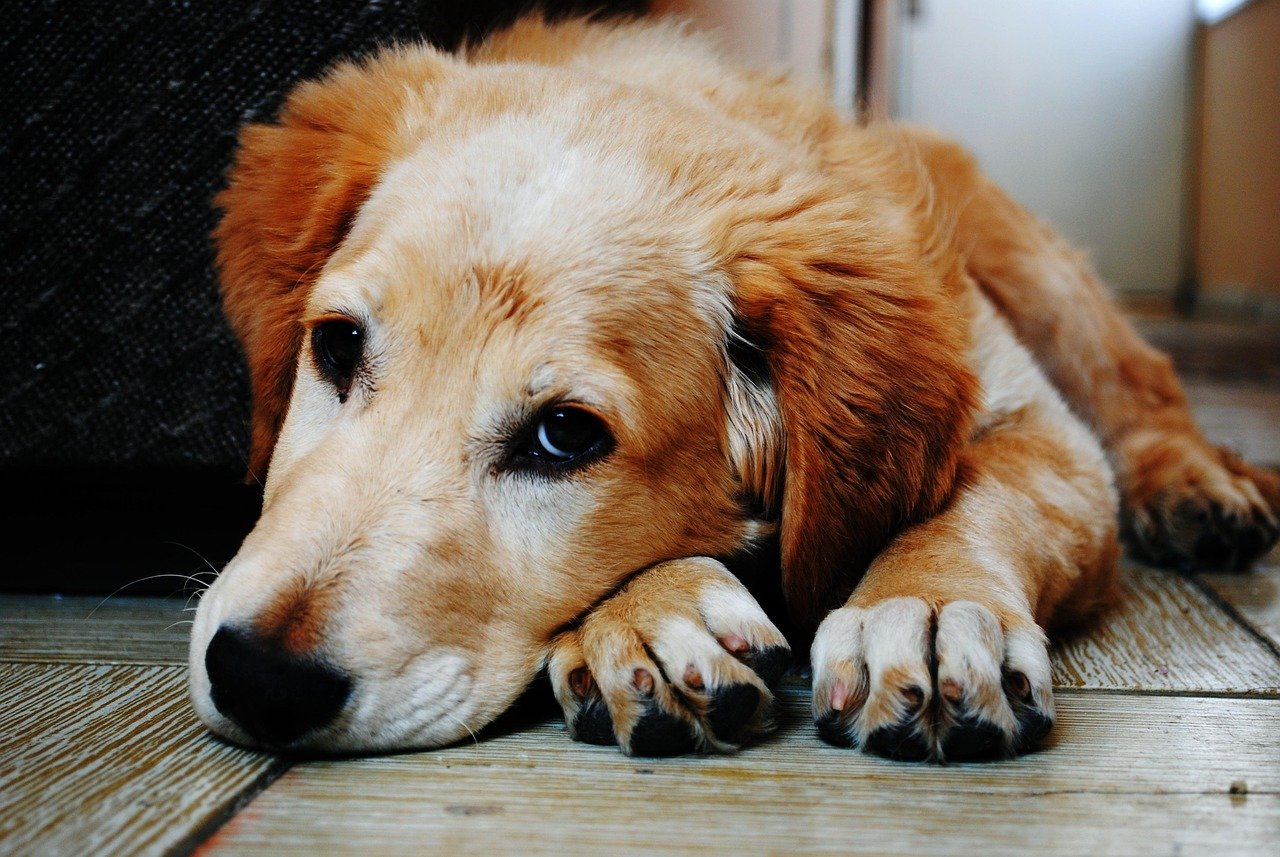
Perhaps the most heartbreaking sign of all is when a dog loses interest in play. Toys gather dust, and your invitations for fetch are met with blank stares. Play is how dogs bond with their humans and express joy. When that spark is gone, it’s a powerful signal that your dog feels unloved or disconnected. This loss of enthusiasm isn’t laziness; it’s a sign their heart isn’t in it anymore. Bringing back playtime — even in small, gentle ways — can help rebuild trust and remind your dog that they matter to you.
If your dog’s acting distant, destructive, or unusually quiet, it might be their way of saying they’re not feeling the love. Dogs are incredibly emotional creatures, and when their needs for attention, affection, or routine aren’t met, it shows. The good news? Small changes—like more playtime, cuddles, and consistency—can make a big impact. Your pup doesn’t need perfection, just your presence. A little love goes a long way in bringing that tail-wagging joy back.
Jen is a passionate nature lover and ocean conservationist. She has dedicated her life to protecting the environment and preserving the beauty of the natural world. Growing up in a small coastal town, Jen sincerely appreciated the ocean and its inhabitants. She has spent countless hours exploring the shoreline, learning about the creatures that inhabit the waters, and advocating for their protection. Jen is an active member of ocean conservation organizations, and she is committed to educating the public about the importance of conserving wildlife and the natural environment.






